TTC Video Dennis Dalton Power Over People: Classical and Modern Political Theory
English | 16 Lectures (45 minutes / lecture) | 640×480 29.97 fps | MP3 128 kbps | +PDF GUIDEBOOK + AUDIOBOOK | 2.92 GB
Genre: Political Science
Socrates, Plato, Aristotle, Machiavelli, Marx, Gandhi’these exceptional thinkers sculpted, piece by piece, Western political thought from its inception in 5th-century (B.C.) Athens.
In so doing, they grappled with such imposing questions as:
‘ What is the correct relationship of the individual to society?
‘ What is the connection between individual freedom and social and political authority?
‘ Are human beings fundamentally equal or unequal?
In 16 in-depth lectures, Professor Dennis Dalton puts the key theories of power formulated by several of history’s greatest minds within your reach.
Dr. Dalton traces two distinct schools of political theory, idealism and realism, from their roots in ancient India and Greece through history and, ultimately, to their impact on the 20th century’via the lives and ideas of two charismatic, yet utterly disparate, leaders: Adolph Hitler and Mahatma Gandhi.
Explore the Fundamental Questions of Western Political Theory
Professor Dalton (Ph.D., Political Theory, University of London) was dubbed by Newsday “the guru of Barnard”; his courses are so popular that the Columbia Student Guidewarns, “To get a seat in his class, you must arrive half an hour early (we’re not joking.)”
The issues Professor Dalton addresses in these lectures’and in Western political theory generally’fall into three sets of fundamental questions.
His lectures show how these competing theories of political power address these three sets of questions. And the lectures show how those answers determine when it is legitimate for one person to have power over another.
The first set of fundamental questions involves the essential characteristics of human nature and the good society.
Is human nature essentially spirit or matter? Is it directed by reason or dominated by passion? Is it fixed or malleable? Is it innately sinful, aggressive, and violent, or is it fundamentally benign, cooperative, and nonviolent?
Will the good society be characterized by perfect harmony or by continued conflict? If conflict is inevitable in the good society, must it be controlled through the leader’s discretionary use of coercive power, or can it be contained constructively within political institutions?
Are social unity and harmony achievable or even desirable? Do the progress and vigor of society depend, by contrast, upon some form of struggle?
The second set of fundamental questions involves the relationship between the individual and society.
What is the right relationship of the individual to society? What is the relationship of individual freedom to social and political authority?
What constitutes legitimate political authority? Does it come ultimately from God, the state, or the individual? Are human beings fundamentally equal or unequal?
The final set of fundamental questions involves theories of change.
Are there inexorable laws of history that produce change? What role is played by discretionary leadership or moral values in effecting change? Is an unchanging, enduring, universal system of ethical values possible? Must such a system be grounded in a theory of absolute truth?
If an enduring, universal system of values is possible, what precisely are those values, and what is their relevance for political and social action? Should transformative leadership be based on the hard facts of political reality and human weakness or on the knowledge of absolute truth? Is the most fundamental change ideological, economic, or psychological in nature?
Should agents of change pursue reform through gradual, evolutionary means, or should they pursue the total transformation of society and human nature through revolution? Should radical change be pursued through violence or nonviolence? Should it rely mainly on spontaneity or on authoritarian organization?
Are There Definitive Answers? Addressing Those Fundamental Questions
Those questions orient our study of a wide range of theories of power and its use. Professor Dalton contrasts Plato’s idealism with Aristotle’s realism, Marx’s optimism with Freud’s pessimism, and Hitler’s exclusionism and exaltation of violence with Gandhi’s inclusionism and insistence on nonviolence.
“For centuries such questions have eluded final solution, and we should not expect to answer them definitively here,” says Professor Dalton. “The questions should prompt us, however, to think more deeply about ourselves, the standards that guide our behavior, and our obligations, if any, to society.”
As Professor Dalton addresses these fundamental questions, you’ll learn, for example, how Hindu idealism prefigured Socratic and Platonic thought in emphasis upon self-mastery and its focus on teaching by example.
You’ll understand exactly how Plato’s Republic set the parameters for subsequent Western political theory.
You’ll examine how Machiavelli’s brutally realistic theories about politics marked the transition between the classical and modern political traditions.
You’ll study the Romantic idealism’the social and political utopias, if you will’of Jean-Jacques Rousseau and Karl Marx.
Professor Dalton also shares several unique perspectives to better explain the realism vs. idealism debate.
You will, for instance, examine the writings of the Greek playwright Sophocles, whose long-celebrated work Antigone offers a literary context for Plato’s philosophy, where the state is an agent of virtue.
You’ll also explore psychiatrist Sigmund Freud’s pessimistic vision of man, which contrasted sharply with those of Rousseau and Marx.
And, you learn how author Henry David Thoreau, in his timeless work, Civil Disobedience, echoed the Hindu tradition and emphatically rejected a fundamental contention of Plato and Aristotle that the state has any moral authority.
Finally, Professor Dalton takes you on an intellectual expedition that juxtaposes and explores Hitler’s violent politics of exclusion with Gandhi’s equally powerful, but strictly non-violent, politics of inclusion.
What You Will Learn
Through this course you will be able to:
‘ Identify the fundamental questions and concerns that shape classical and modern political theory.
‘ Explain the essential differences between the “idealist” and “realist” traditions in political theory.
‘ Describe the influence of one’s understanding of human nature upon one’s vision of the good society.
‘ Compare and contrast the views of theorists regarding the purpose of the state, the relationship between politics and ethics, and the qualifications for exercising political power.
‘ Discuss views of leading political theorists regarding the meaning of freedom, the sources of legitimate political authority, the legitimacy of individual resistance against constituted authority, and the obligations of individuals to the state or society.
‘ Distinguish among the differing attitudes toward the use of violence that are held by the theorists examined in this course.
Course Lecture Titles
1. The Hindu Vision of Life
2. Thucydides and The Peloponnesian War
3. Law and Rule in Sophocles’s Antigone
4. Socrates and the Socratic Quest
5. Plato’Idealism and Power, Part I
6. Plato’Idealism and Power, Part II
7. Aristotle’s Critique of Plato’s Republic
8. Machiavelli’s Theory of Power Politics
9. Rousseau’s Theory of Human Nature and Society
10. Marx’s Critique of Capitalism and Solution of Communism
11. Freud’s Theory of Human Nature and Civilization
12. Thoreau’s Theory of Civil Disobedience
13. Dostoyevsky’s Grand Inquisitor
14. The Idea of Anarchism and the Example of Emma Goldman
15. Hitler’s Use of Power
16. Gandhi’s Use of Power
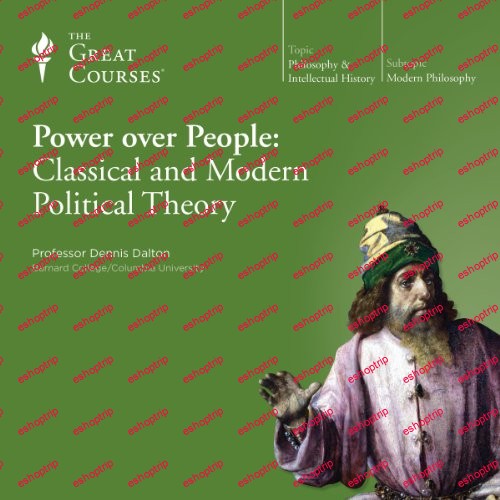
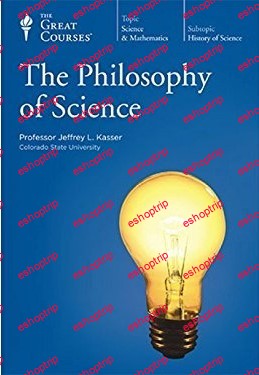

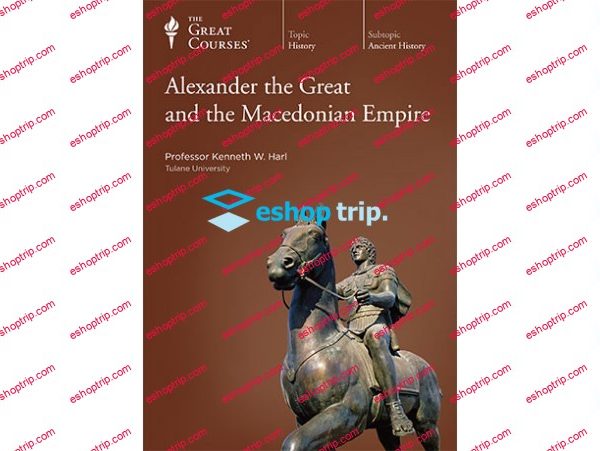
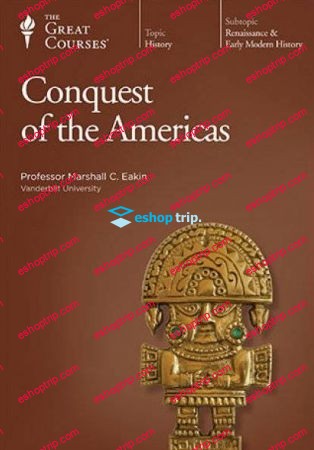
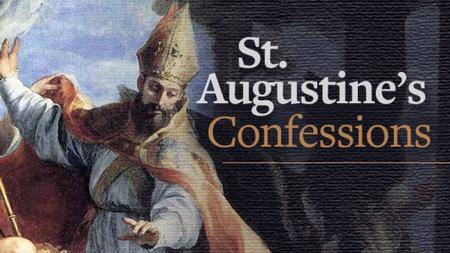
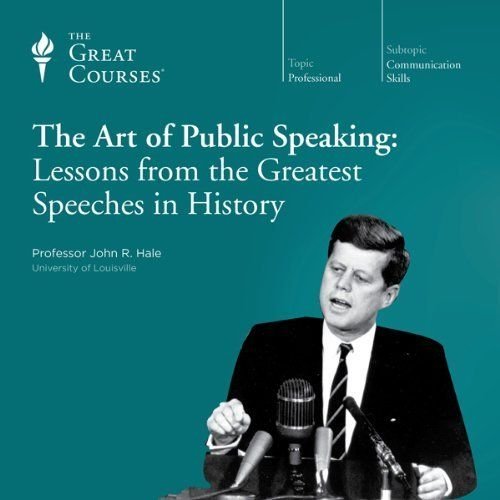
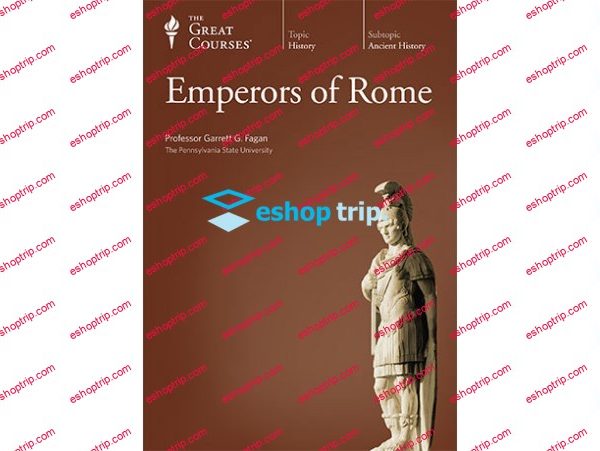
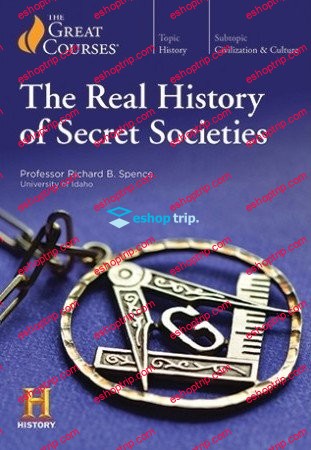
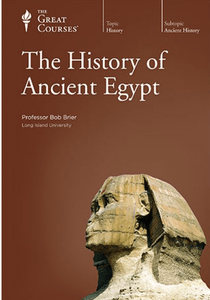
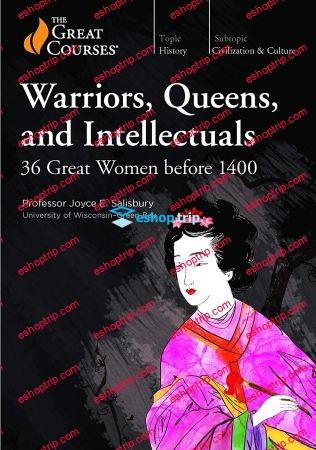
Reviews
There are no reviews yet.